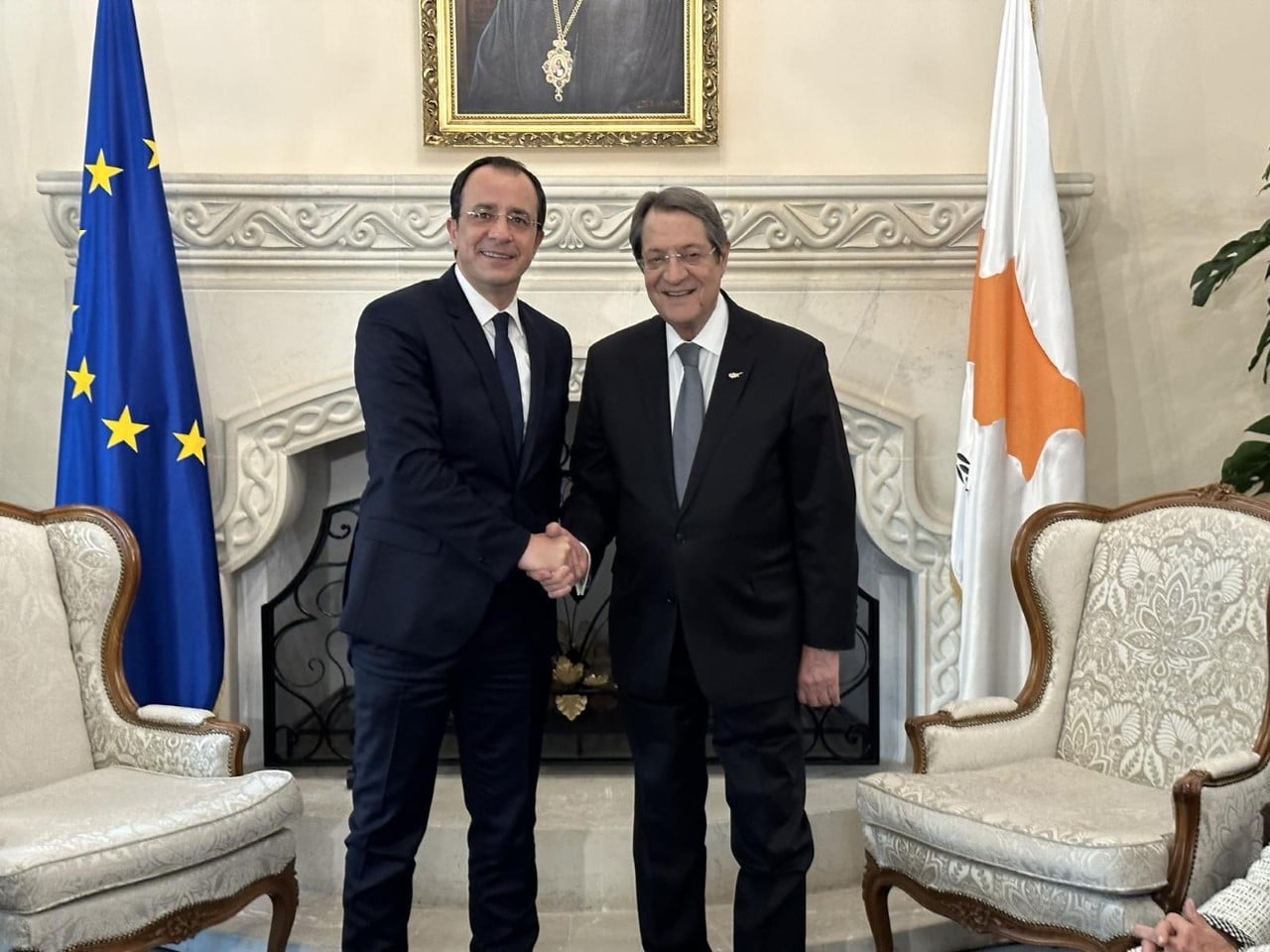President Nikos Christodoulides has not given up his efforts to lure Disy into the government. In an interview, published on Sunday in Phileleftheros, the president said that he would like there to be coordination with all parties, “especially with those that our policies agree,” and he named Disy.
He did not stop there. He added that there were many individuals in his government that, like himself, came from Disy, before stating: “There is readiness, on my party, for there to be such a cooperation, if Disy, deems that something like this is to the benefit of the country.” After all, the solutions the government was working on for many problems facing the country were very close to Disy’s approach, he added.
Understandably, none of this went down well with the Disy leadership, which made it clear it would remain in opposition. Party spokesman Onoufrios Koulas, on Monday, said there was no question of Disy joining the government and asked why Christodoulides had made such an offer, when the collective organs of the party had made the necessary decisions on the matter.
A week earlier, former president Nicos Anastasiades, also alluded to cooperation between Disy and the government in an interview with the same paper. He was more diplomatic, saying Christodoulides and the Disy leader, Annita Demetriou, “must find channels of communication, understanding and cooperation on issues on which this serves the best interests of the country.”
Anastasiades had wanted Disy to back Christodoulides in the presidential elections although he avoided saying so publicly, so it is no surprise that he is trying to push the party towards the government. Christodoulides was a Disy defector, who stood against the party’s candidate, split the party in two and set up a government with Diko and Edek.
Disy has nothing to gain from joining this alliance of Cyprus problem hardliners who are also shameless populists on economic matters. The country and democracy would be much better served by Disy in opposition, questioning and challenging government’s decisions and policies. The unity that Christodoulides likes to talk about would strengthen his hold on power and enhance his re-election prospects, but it would not benefit our democracy or serve pluralism.
If anything, the government would function better with Disy in opposition, calling it out when it makes a bad decision, than with Disy in the government unquestioningly backing it. Having only Akel, with its relatively small following, in opposition would be a big risk for the economy as it would support the profligate expenditure Christodoulides has been sanctioning since his election.
A party needs to take the government to task on its economic policies and Disy, as it has already shown, is the only one that can do it. Staying in opposition would be in the best interest of the country and the economy.







Click here to change your cookie preferences